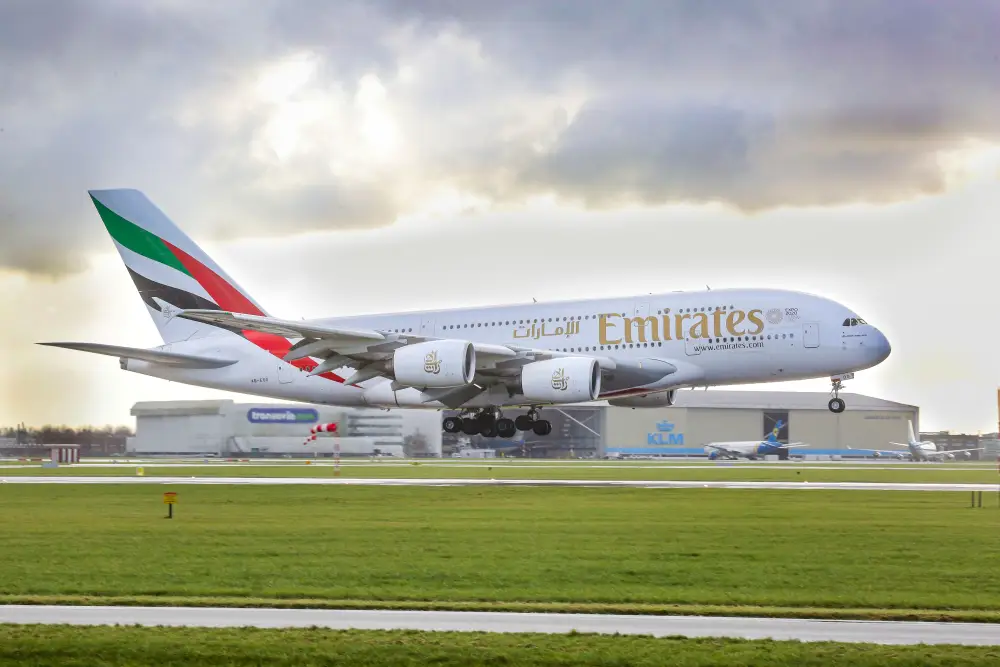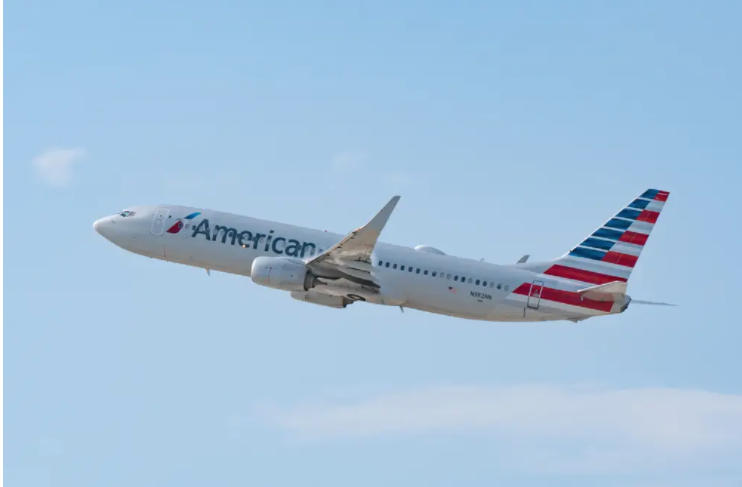Emirates agreed to buy 5 Airbus A380s as the world’s largest passenger airliner continues its post-pandemic comeback

An Emirates Airbus A380.
Emirates has agreed to buy five Airbus A380 jets in a sign of the superjumbo jet’s renewed popularity.
The Dubai-based carrier is the world’s largest operator of the type, with a fleet of 118, according to data from ch-aviation.
In 2011, Emirates started to lease seven A380s from a firm called Doric Nimrod Air Two Limited, the latter said in a London Stock Exchange filing on Wednesday. When the first two leases expired last year, Emirates purchased them.
When the remaining five expire later this year, Emirates will buy those jets too — for a total of $200 million, the lessor said.
It’s a positive sign for fans of the world’s largest passenger airliner, which has been on a buoyant path after the pandemic.
Airlines like Lufthansa and Air France retired their A380s as COVID disrupted the industry. The four-engine jet has particularly high fuel costs, while its double-deck capacity necessitates operating it on popular routes.
But post-pandemic, it has been making a comeback. Lufthansa unretired eight of its 14 superjumbos, while Qatar Airways is extending plans for its 10. The latter is also developing a new first-class cabin for the A380.
Qatar Airways CEO Badr Mohammed Al Meer previously said its A380 operations had been extended due to delays to one of its potential replacements, the Boeing 777X.
Qatar has ordered 74 of the upcoming widebody net, while Emirates has 262 on order.
Emirates’ latest deal could give it more flexibility pending potential further delays to the 777X. Boeing initially hoped it would enter service in 2020, but that has since been pushed back to 2025.
Emirates’ Tim Clark previously said he expects delivery as late as 2026. A problem discovered in 777X flight tests could delay it further.
One of the five A380s that Emirates is leasing, A6-EDX, has been in storage since 2020, per ch-aviation data. Travel news site Paddle Your Own Kanoo suggested that it could be used for spare parts as the fleet ages — keeping the superjumbo jets flying for longer.






